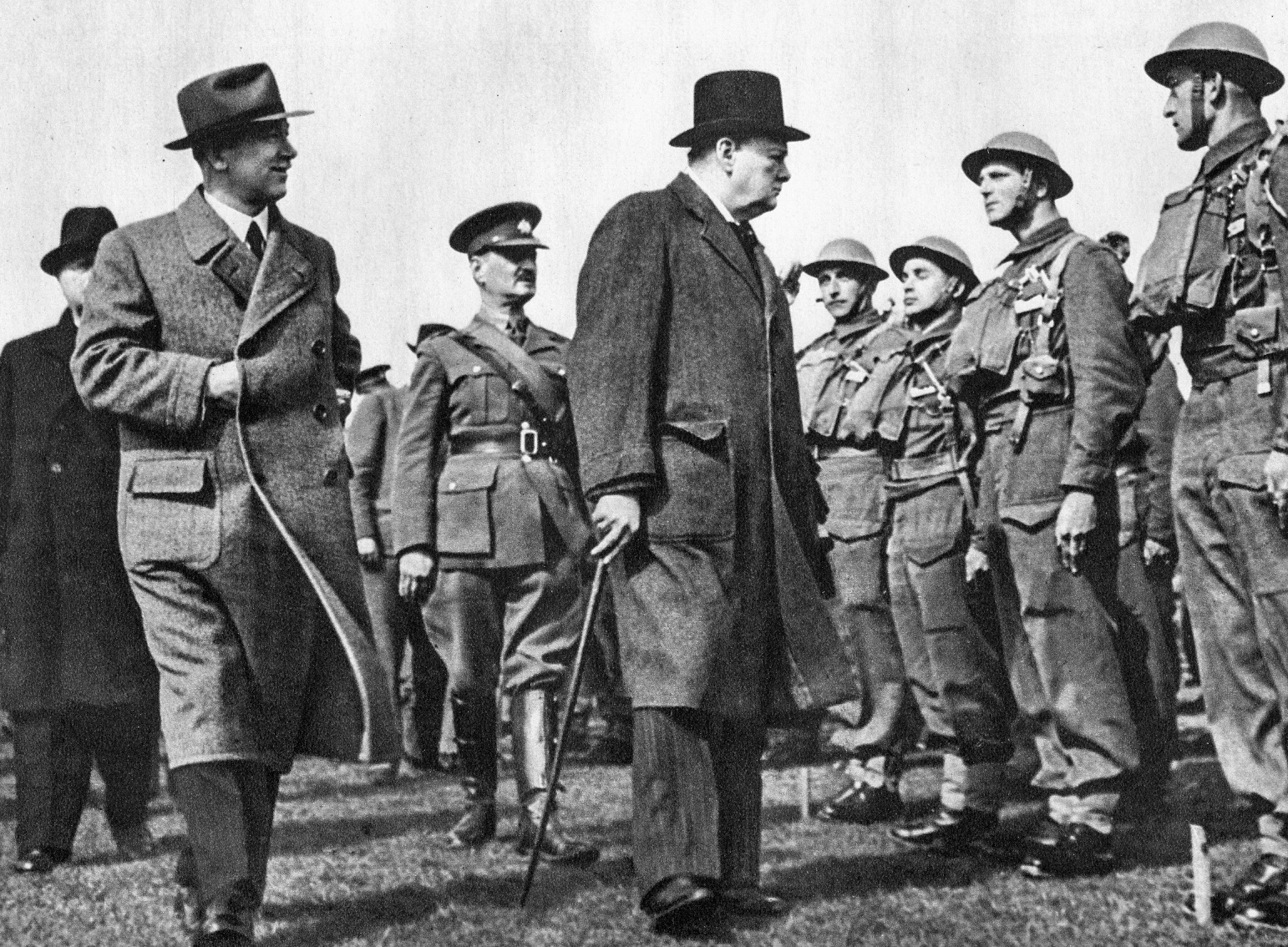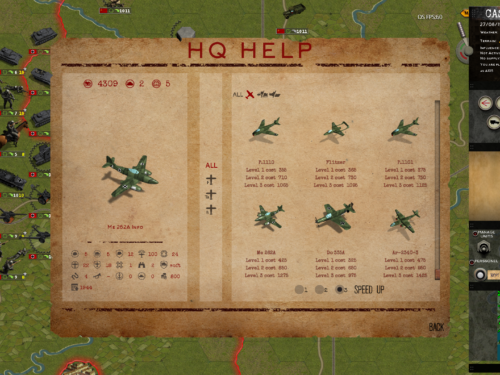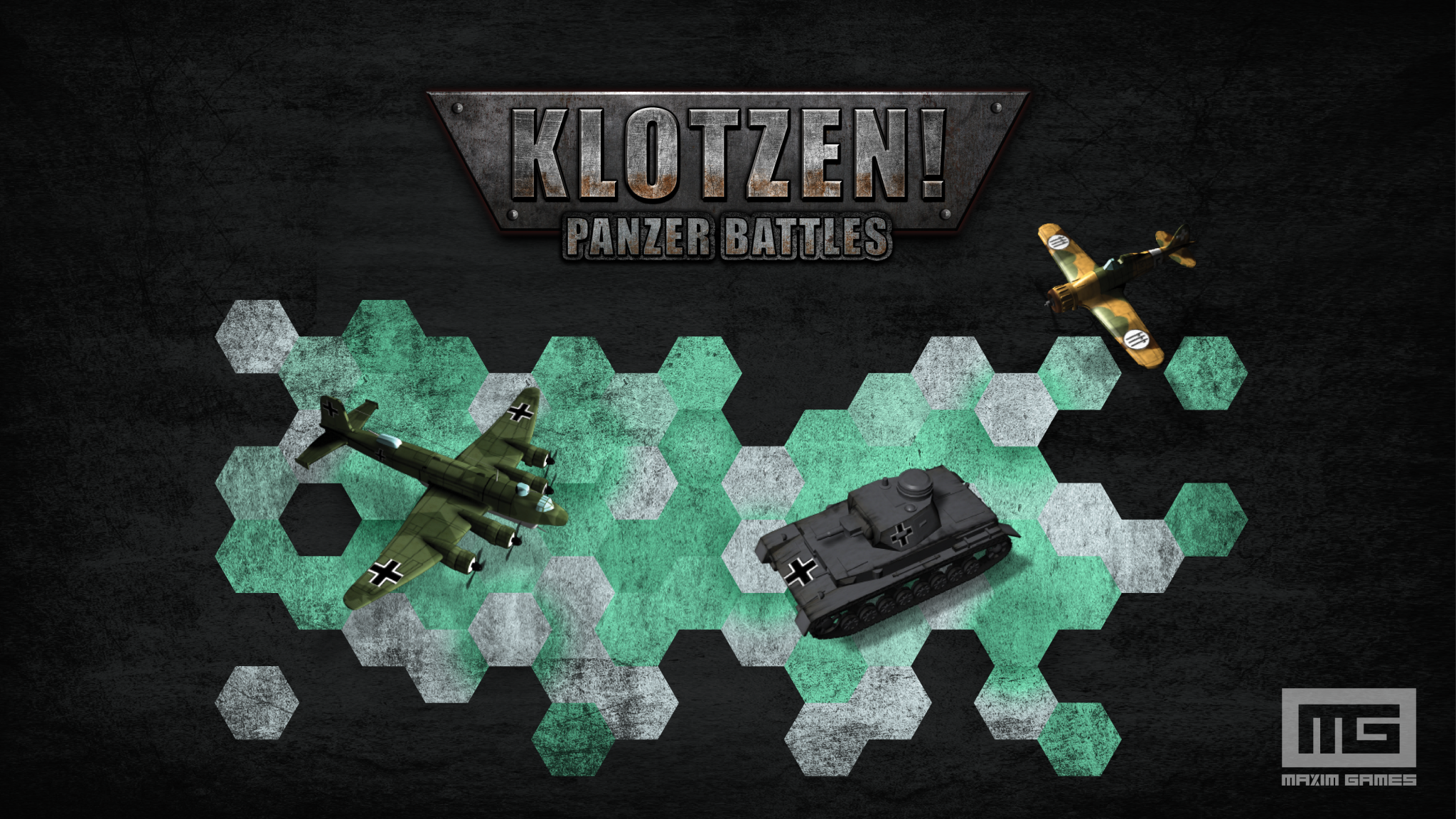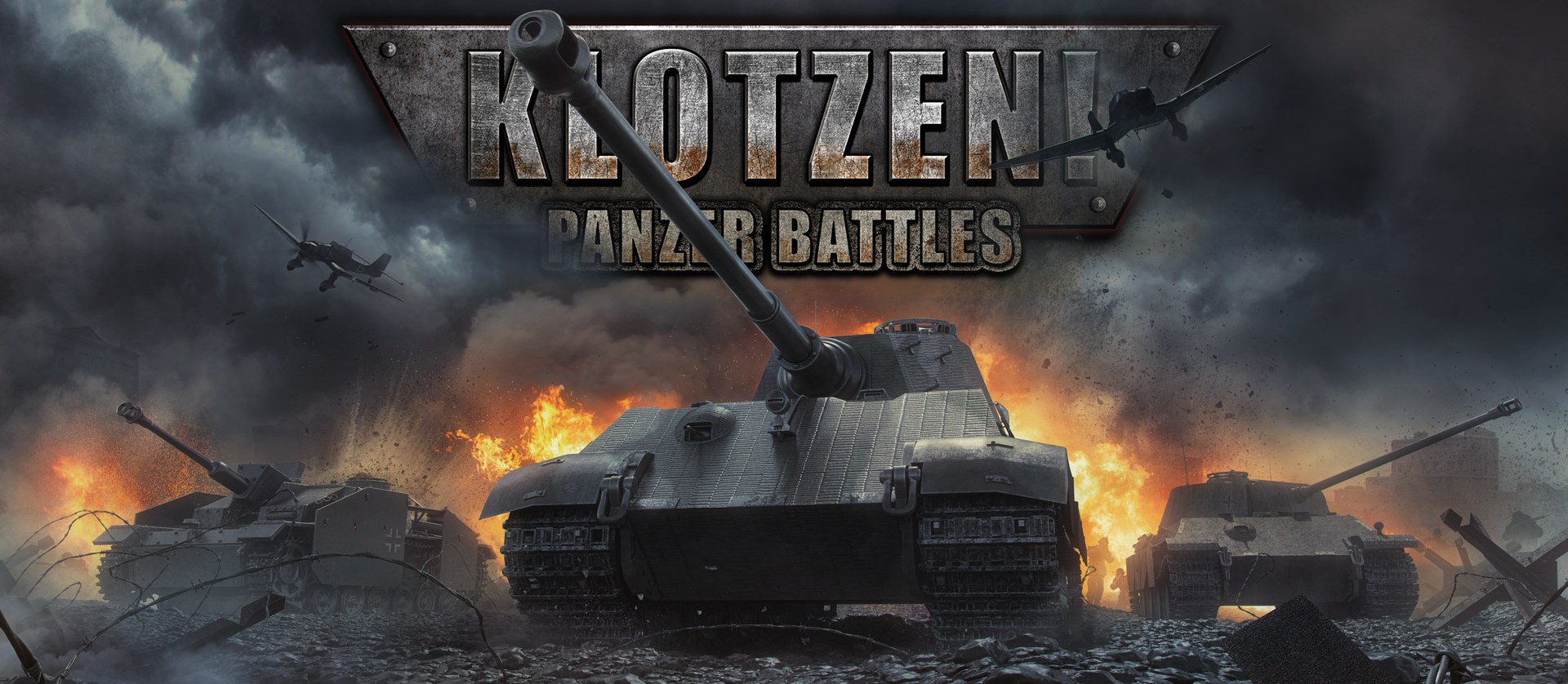Welcome to the next edition of our Blog. In the previous chapter, we talked about Charles De Gaulle and France before the start of the WWII. Today we take a look at Edvard Benes and Czechoslovakia.
Edvard Benes and Czechoslovakia
Benes was democratically elected which granted him electoral legitimacy. He was recognized and appreciated as a fighter for the independence of Czechoslovakia. However, it was extremely difficult to follow the famous Tomas Masaryk, which combined with the German threat injected a dose of political instability in Czechoslovakia. He died in 1948 of a heart attack.
The Republic of Czechoslovakia was created as an independent state after the end of the First World War, i.e. the collapse of the Austro-Hungarian Empire. Tomas Masaryk and his faithful associate Edvard Benes played the key role in its independence and participation on the winning side in World War I.
The new country was a pro-western democracy with enviable industrial potential. Masaryk was elected President several times, and he held that position from 1919 to 1935.
Czechoslovakia was a multiethnic country and a fifth of its population was German, which later served Germany as the reason for the annexation of some of its territory.
Czechoslovakia was firmly tied to Britain and particularly France (especially after Hitler came to power in Germany). After 1933, Czechoslovakia remained the only democracy in Central
and Eastern Europe. The economic growth and prosperity diluted the ethnic and political dissatisfaction of all the people in the country.
In 1935, President Masaryk retired and in 1937, he died of old age. Edvard Benes, his loyal associate, was appointed as a logical successor. His presidential term began when the Sudetenland question had already been the focus of the European public. He tried to use his diplomatic skills and acquaintances in order to prevent the German irredentism but was not successful. In October 1938, the Munich Agreement was signed which granted Germany the Sudetenland territory that belonged to Czechoslovakia. The Western democracies yielded under Germany`s pressure in hopes of stopping Hitler’s territorial claims. Czechoslovakia was not even consulted. Because of the strong German pressure, he was forced to resign a few days after the agreement was signed. A little later, Slovakia declared its independence under the auspices of Germany while the rest of the Czech Republic was annexed to the German Reich. Benes went to London where he formed the government in exile as early as 1938. After the war, he returned to Czechoslovakia where he continued his term as president. Benes was re-elected in 1946 and in the same year, he proclaimed the “Benes decrees” through which he legalized the confiscation of property from Germans and Hungarians and their loss of citizenship. That is why today he is known as a controversial politician in the Czech Republic.
Industry and Army Development
Czechoslovakia was an industrially developed part of the Austro-Hungarian monarchy. The country stabilized politically and economically relatively quickly, and a period of economic growth soon followed. Thus, Czechoslovakia became an industrial power in its part of Europe with several industry giants who were leaders in the military industry, such as Skoda.
Czechoslovakia produced its own tanks, other armored vehicles, and aircrafts. Thus, Czechoslovakia had the most modern military technology in Central and Eastern Europe with the exception of Germany and the USSR. However, this well-equipped and modern army was too weak to resist Germany`s threats on its own. With the annexation of Sudetenland in 1938, Czechoslovakia lost a part of its industrial capacity, but more importantly, it lost a full range of fortifications and bunkers which made up their defensive position towards Germany. The following year, when the partition of Slovakia and Germany`s occupation of the rest of the Czech Republic occurred, they were in no condition to put up a defense. The huge industrial capacity continued to be in the service of Germany and they took advantage of that capacity as well as all the vehicles that previously belonged to the Czechoslovakian army.
This is it for our Blog today. Tell us what you think about the topic and if you have any suggestions or want to discuss them, you are more than welcomed to do so in the comments below, on our forum, and on Steam Community Hub. Until next time!




Recent Comments